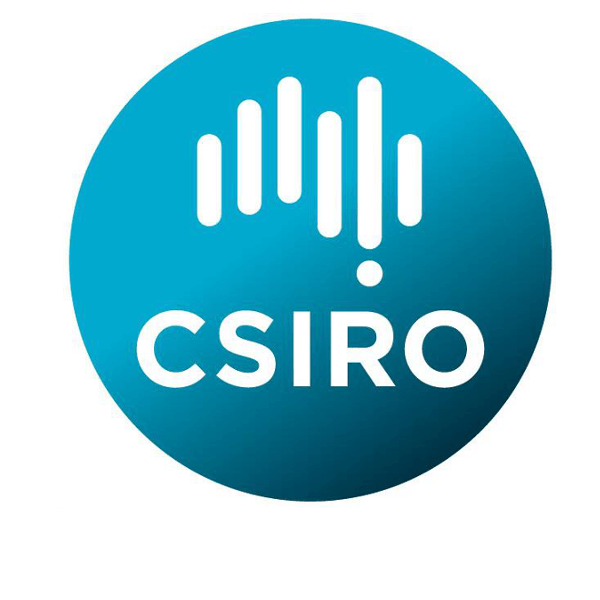
CSIRO - AU
Core Partner, BSL4, Non EU
The Australian Animal Health Laboratory (AAHL) of the the Commonwealth Scientific and Industrial Research Organisation (CSIRO), plays a vital role in maintaining the health of Australia's animals, the international competitiveness of Australian agriculture and trade, the well-being of Australians and the quality of our environment.
AAHL has become a world leading ‘One Health’ laboratory due to the extent of work conducted on zoonotic agents. We work extensively on Avian influenza and our scientists were instrumental in identifying and characterising the new Hendra and Nipah viruses and helped identify that SARS too originated in bats.
Through partnerships with the World Organization for Animal Health (OIE), the World Health Organization (WHO) and the Food and Agriculture Organization of the United Nations (FAO), AAHL is an accredited reference laboratory and collaborating centre for a range of diseases, conducting research and development projects across South East Asia.
The international research community is able to access AAHL's high containment laboratories and specialist services for studies on infectious diseases that affect the health of animals and humans.
This national facility is funded by the Australian Federal Government, via CSIRO and the Australian Federal Government Department of Agriculture, Fisheries and Forestry (DAFF). We also generate revenue from industry organisations and commercial companies.
The Australian Animal Health Laboratory (AAHL) is a global leader in research into and diagnosis of major infectious and zoonotic diseases affecting livestock and people throughout the world. The Laboratory is a frontline defence, helping to protect Australia from the threat of exotic, emerging and zoonotic diseases.
In 2004, AAHL was designated as an international collaborating centre for new and emerging diseases by the World Organization for Animal Health (OIE). This designation places AAHL at the forefront of international efforts to manage the growing number of disease agents that pose a risk to animal and human health.
The profile of the science carried out at AAHL matches the objectives of the EVAg proposal, particularly with respect to virus discovery, characterisation and archiving. AAHL also has a commitment to quality systems and to making specialist high containment services available to the international community. Through OIE and FAO reference laboratory designations, AAHL shares virus isolates, reagents and methods internationally. Participation in EVAg will complement and enhance these activities, extending the potential for international collaboration.